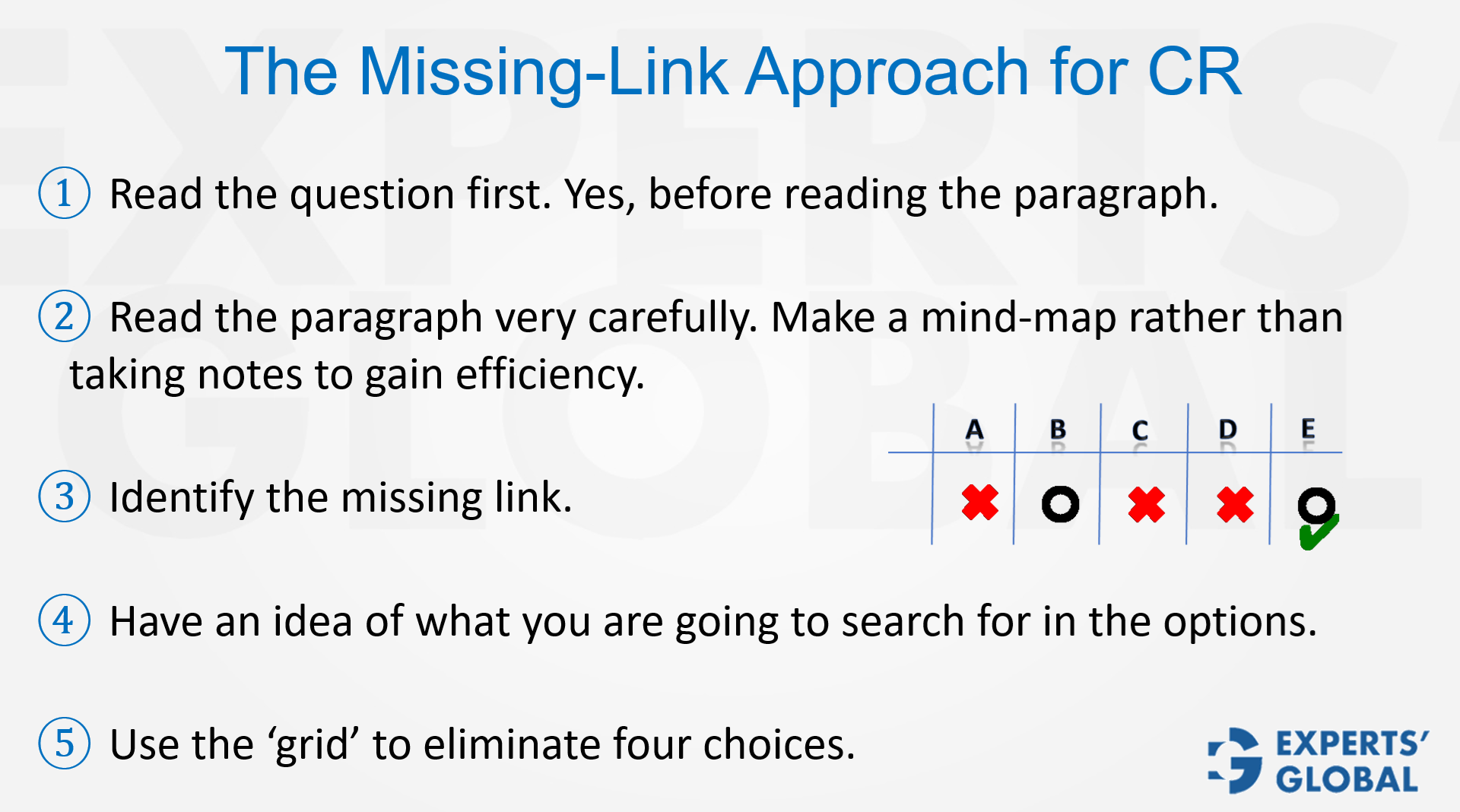Invest 30 seconds...
...for what may lead to a life altering association!
Help Line
- +91.8800.2828.00 (IND)
- 1030-1830 Hrs IST, Mon-Sat
- support@expertsglobal.com
...for what may lead to a life altering association!


GMAT CR sometimes hides the self-comparison flaw: conclusions based only on how something compares to its own self, not to any external standard or peers. Example: In a 400-meter run, Jack posts his best time ever, yet it may still be poor compared with benchmarks.
Self-comparison in GMAT Critical Reasoning occurs when an argument judges performance only against its own self, drawing conclusions without external benchmarks. This overview frames why such claims require context: bases, peer sets, and relevant criteria. You will see how the flaw appears across weaken, evaluate, and explanation prompts, and how to test it by asking for comparables. The reasoning habits reinforced here support disciplined analysis in GMAT prep and evidence-based writing for MBA admissions, setting up the guidance that follows.

The fallacy of comparing one with oneself occurs when an argument highlights growth or improvement by measuring an entity against its own past performance, without establishing how it compares to other relevant benchmarks. This creates an illusion of achievement that may not hold true under fair comparison.

Consider the following…
Jack improved his score by 200%. Thus, Jack performed well.
Consider a score rising from 1 to 3 out of 100. That is a 200 percent increase, yet 3 out of 100 is still very poor. The percentage sounds large because the base was tiny. The main flaw is that because the comparison is only with one’s past, broader conclusions are not justified.
Consider the following…
Optimus, the nation’s biggest conglomerate is involved in various business verticals. Its media vertical underwent 100% growth in the last quarter-to-quarter sales. Considering that the media vertical is among the smallest contributor to Optimus’s revenues, such a growth is stupendous and the leadership group of the media vertical must be awarded with “Golden Jewel”, the highest annual award across all business verticals for Optimus.
Question: Which of the following best clarifies the discrepancy in the reasoning above?
Reasoning: The flaw is that this growth is based only on the media unit’s comparison with itself. Nothing has been said about how it compares with other divisions. Hence, awarding it the top recognition would be premature.
Correct Answer: The conclusion has been reached on the basis of comparison of media vertical’s sales with itself rather than with sales of other business verticals.
Whenever you see reasoning that relies solely on an entity’s comparison against its own baseline, pause and ask: how does it compare with others? If no such information is given, the conclusion rests on weak ground.
Step 1: Inspect the question stem first to lock down the exact requirement.
Step 2: Parse the reasoning carefully; build a mind-map and surface the missing-link.
Step 3: Specify your broad expectation from the correct answer choice.
Step 4: Filter out four options; the option that remains is your answer.
Conduct a final verification before confirming.

This article highlight the importance of spotting when an argument relies only on comparing an entity with its own past, ignoring broader benchmarks. Such reasoning can make small improvements appear significant without context. Always ask whether performance is measured against relevant alternatives, not just previous results. Training yourself to question these assumptions builds sharper analytical judgment. Practicing with GMAT simulations develops the discipline to identify this flaw quickly and apply the same clarity in broader academic and professional reasoning.
Growth measured only against one’s own past, without context, is like admiring progress without direction. In Critical Reasoning, this flaw reminds us that true achievement requires fair comparison with meaningful benchmarks. The same applies to GMAT mock practice, where self-improvement must be weighed against the standards of the exam, not just previous attempts. In MBA applications and in life, it is not enough to celebrate isolated gains; what matters is how those gains stand relative to broader challenges, expectations, and the responsibilities one seeks to embrace.